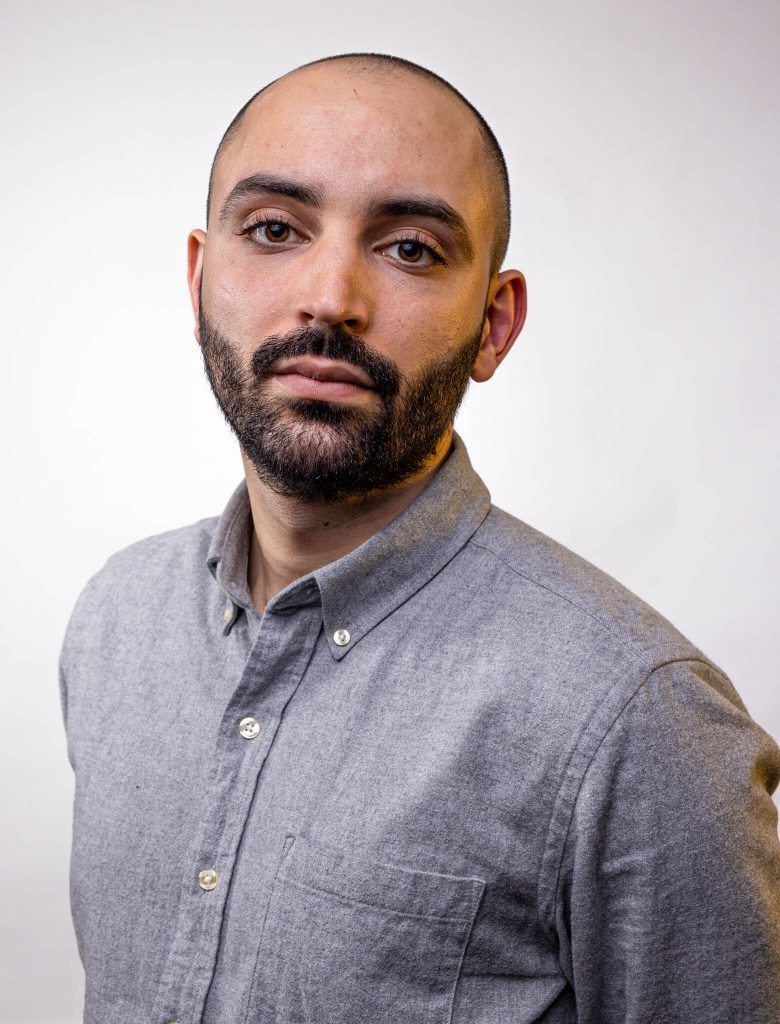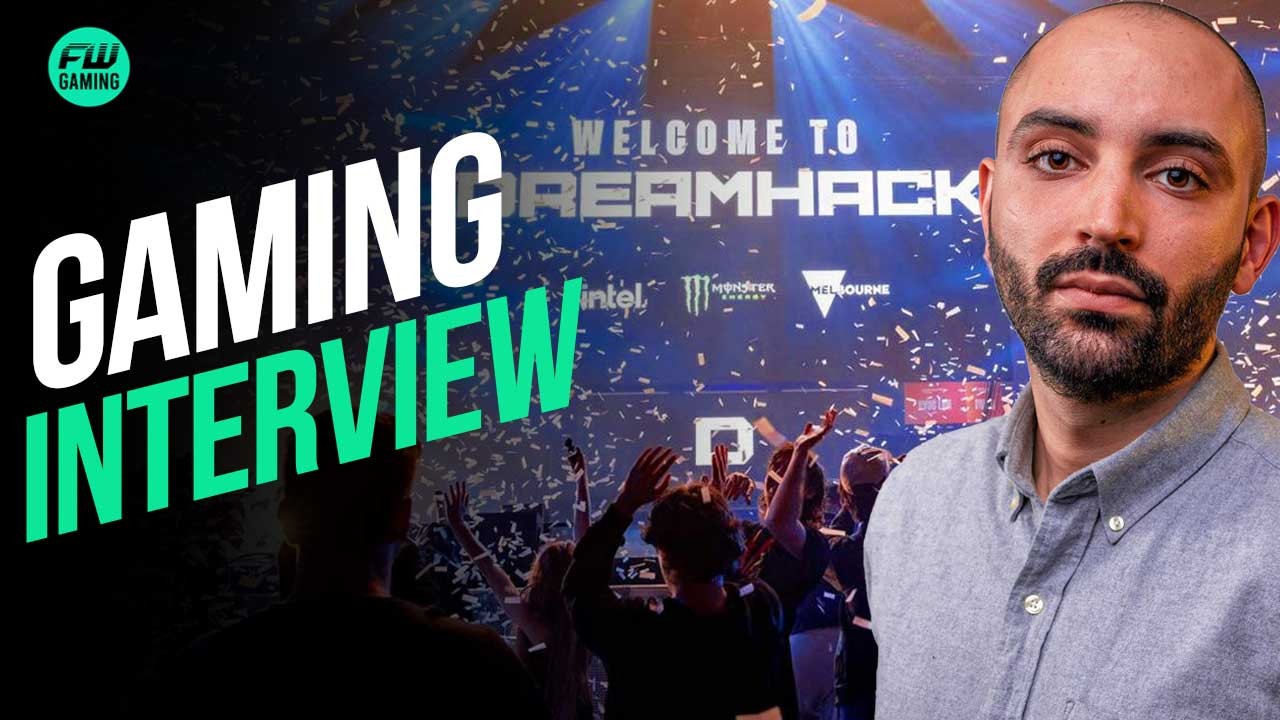Shahin Zarrabi is the ESL FACEIT Group’s Vice President of Strategy & Growth. His responsibilities encompass many areas, including the reason for our discussion: DreamHack’s eSports and gaming festivals. We had the privilege of discussing the multi-city festival, its impact on the gaming landscape, and the current and ever-increasing need to sustain gaming festivals and conventions.
The Expansion of DreamHack Festival

FW: For those unfamiliar, could you explain what DreamHack is and how it came about?
DreamHack, since its establishment in 1994, has been defined in a variety of ways. Originally, it was a “demo party” where video game developers would gather, bring their computers, and demonstrate their abilities. As gaming became more popular, these events grew as people began to come and play against one another. When esports took off in the mid-2000s, we began hosting major tournaments with million-dollar prize pools.
Currently, streaming and content creation have become crucial parts of our events, with the biggest names in the game coming to try wild things (like live-streaming themselves in a box for 48 hours) and interact with their fanbase. DreamHack’s growth has drawn more game publishers, developers, and brands to participate in our expos worldwide. Essentially, Dreamhack is an all-encompassing gaming festival. The beautiful thing is that we simply go where the community leads us, aiming to create a platform for the community to flourish.
FW: Due to recent global events pushing us into isolation and forcing us to close off for our protection, the importance of real-world events has only grown. How has the pandemic affected your approach to the events, and how has the user experience changed during the event as a result?
It’s clear that the pandemic has altered the world’s behaviors, particularly in relation to offices and remote work. However, it has also highlighted that people will constantly seek real-life connection. Although gaming has always been a social activity, the internet has shifted socializing from arcade halls and split-screen home experiences to primarily interacting through a screen.
While I believe online gaming is a powerful societal tool and played a vital role during the pandemic, people still want to interact with one another at the end of the day. They want to feel a part of something bigger, experience joy and excitement, and create lasting memories. These can only be achieved in real life. In the post-pandemic era, we’ve concentrated more on why people come, rather than just what content we provide. It’s clear that regardless of what you can watch or play at DreamHack, the primary experience we must offer is a venue for creating those memories.
FW: There are gamers who may not have had the opportunity to attend an in-person event, particularly with events from the last few years. How do you attract those who haven’t attended one yet, and how do you convince them that the experience cannot be reproduced through a stream?
Some people simply don’t enjoy live events, and we understand and respect that. Gaming culture offers something for everyone, so we would never try to impose our experiences on the community. For those who are even slightly interested, I’d say it’s like any other live event, such as sports or music. Sure, you could watch it on TV or listen on Spotify, but there’s a distinct feeling of joy and excitement when you’re there with thousands of other people, experiencing it live in real time. A sort of connection that can’t quite be replicated on a screen. Meet your favorite YouTuber or Twitch streamer, try out new games, or feel the crowd’s energy as esports teams face off.
FW: What’s YOUR favorite memory of DreamHack?
There are a multitude to choose from, but I particularly cherish our grand and fun moments when we connect prominent creators with their fanbase. For example, when we had Sodapoppin play dodgeball with his community at DreamHack Summer 2018, or when Tyler1 competed atop our 1v1 pyramid at DreamHack Dallas earlier this year. These moments make it feel like we’ve created rockstar moments tailored for gaming.
FW: With the diversity that the convention offers year after year, how do you keep the content fresh and different from other conventions, preventing it from becoming stale or boring to fans?
We believe
Source link
